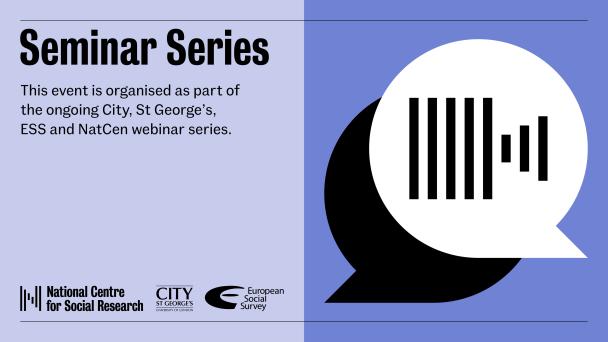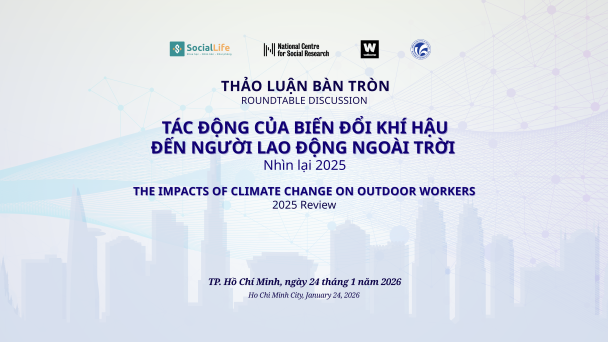Designing for comparability in a 3MC survey: Methodological experiments from the 2024 EWCS


Longitudinal birth cohort studies are vital for understanding the health, development and outcomes of successive generations of children.
The UK has a long and unique history of such studies, dating back to 1946, through to the Millennium Cohort Study, which started in 2001.
The Early Life Cohort Feasibility Study (ELC-FS), funded by the Economic and Social Research Council (ESRC), is testing the feasibility of conducting a new UK-wide birth cohort study, by collecting information about several thousand babies aged between 8-10 months old, and their families in 2023-2024.
It is led by the Centre for Longitudinal Studies at University College London with interviewing carried out by Ipsos. Evidence from the feasibility study will be used to inform the potential commissioning of a much larger main study which, if a decision is made to proceed, is expected to begin in 2026.
Evidence from previous birth cohort studies has had very significant scientific and policy impact. However, there is increasing recognition that often those who are of most interest from a research and policy perspective are less likely to be recruited and retained in national studies, and of the importance of ensuring that surveys reflect the diversity of family life in the 2020s.
To address this, the ELC-FS has a strong focus on inclusivity and is designed to maximise representation of ‘less often heard’ groups through sample boosts of babies born into disadvantaged and ethnic minority families as well as in Scotland, Wales and Northern Ireland, and direct recruitment of fathers (including those living in their own households) as well as mothers.
An individual-level ethnic boost, using baby’s ethnicity, and the direct recruitment of fathers, were enabled by use of birth registrations linked to birth notifications as the sample frame. We use tailored participant engagement strategies and have designed the study to be accessible and inclusive to all types of families.
The study also includes a number of methodological innovations and experimentation. Interviews were carried out using web, phone and video-interviewing as well as face-to-face, with a web-only non-response follow-up.
We are collecting saliva for DNA extraction with a randomised subgroup to test the impact on recruitment and assess take-up rates, and experimentally testing both embedded and add-on approaches to collecting data linkage consents.
We included experiments to test the effectiveness of differential incentives, both conditional and unconditional, in the main fieldwork and non-response stage.
As the study is designed for public benefit, we have undertaken a wide range of public engagement with parents of children and young people to ensure acceptability of the proposed sampling, data collection and record linkage approaches, and to inform the study design and implementation.
This work has allowed public voices from a diverse set of backgrounds to be heard and acted on, helped ensure the study serves the needs of the people it represents, and enabled the study to build trust and deliver transparency in the use of personal data.
This seminar will give an overview of the design and implementation of the ELC-FS, with a focus on innovation, engagement and inclusivity, and will present some early findings from the survey relating to response rates, data quality, and the experimental components of the feasibility study.



Receive a regular update, sent directly to your inbox, with a summary of our current events, research, blogs and comment.
Subscribe